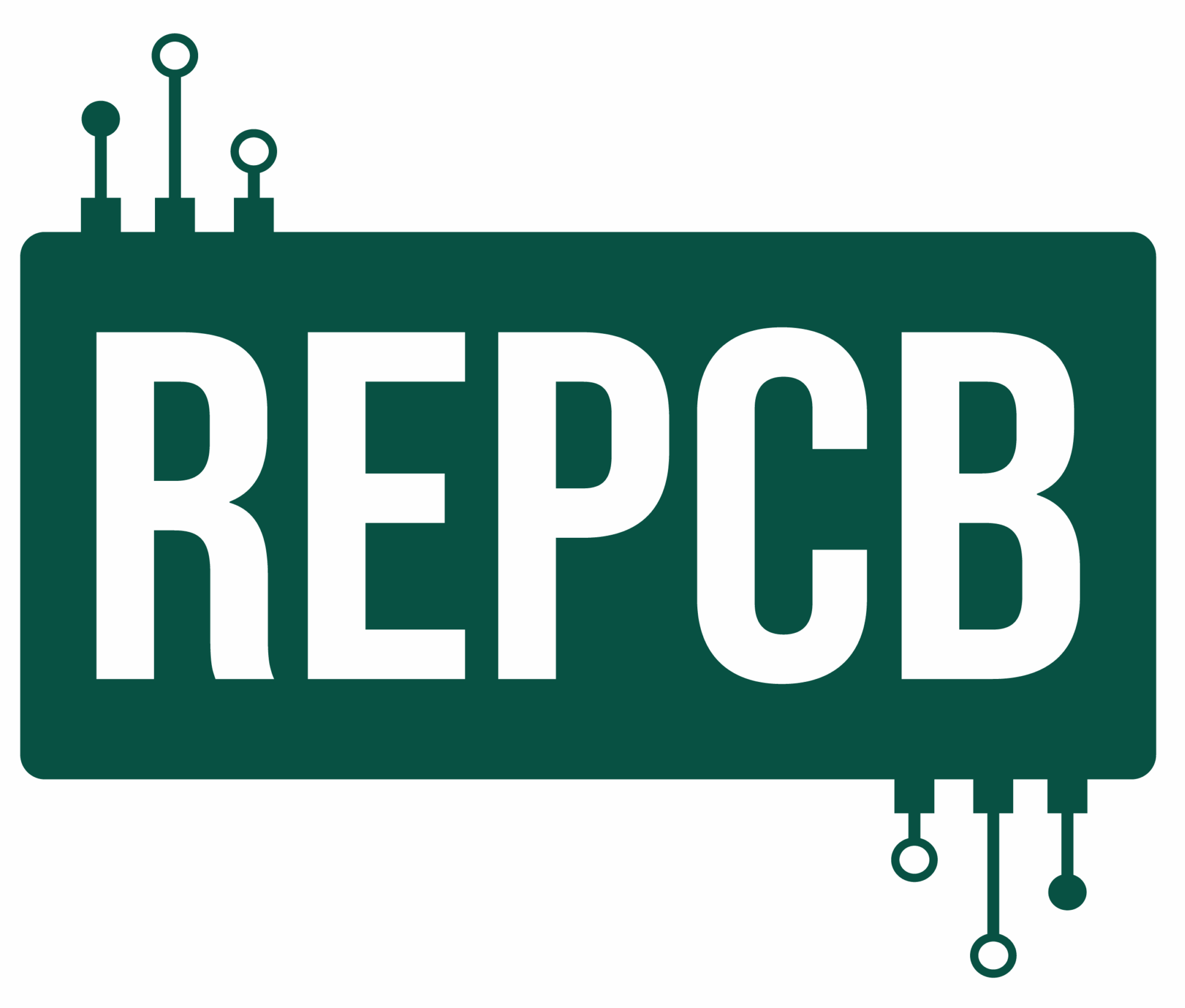What Does PCB Stand For?
repcb1
on
July 28, 2025
Key Takeaways...
- PCB stands for Printed Circuit Board – the core component that connects and powers electronic devices.
- PCBs are used in almost every modern device, from mobile phones to industrial equipment.
- They contain valuable materials that can and should be recovered at the end of their life.
- Recycling PCBs responsibly helps businesses stay compliant with environmental regulations and reduces electronic waste.
If you work in electronics, IT asset disposal, or manufacturing, you’ve likely come across the acronym PCB. But what exactly does it stand for, and why are PCBs so important in modern technology?
In the electronics industry, PCB stands for Printed Circuit Board. These boards are the backbone of nearly every electronic device you can think of – from smartphones and laptops to industrial equipment and medical devices.
What is a Printed Circuit Board?
A printed circuit board is a flat, usually rigid board made from a non-conductive material (like fibreglass) with thin layers of conductive copper tracks on its surface. These copper tracks act like “wires” that connect different components together, allowing electricity to flow through the device in a controlled way.
PCBs can be:
- Single-layer: One layer of copper tracks.
- Double-layer: Two layers for more complex designs.
- Multi-layer: Multiple stacked layers for compact and sophisticated devices.
They’re designed to be space-efficient, reliable, and durable – making them essential for today’s increasingly miniaturised electronics.
Where Are PCBs Found?
The short answer? Almost everywhere. PCBs are inside:
- Mobile phones and tablets
- Computers, servers, and IT networking equipment
- Televisions and home appliances
- Cars, electric vehicles, and charging stations
- Medical devices and hospital equipment
- Industrial machinery
Because they’re so widespread, understanding what PCBs are (and what to do with them at the end of their life) is becoming increasingly important for businesses and organisations.
Why Are PCBs Important?
Without PCBs, electronics would be far bulkier, less reliable, and much harder to produce. They allow for complex circuitry to be manufactured quickly and at scale, making modern technology possible.
PCBs also contain a variety of valuable materials such as copper, gold, silver, and palladium. When devices reach the end of their life, recycling PCBs helps recover these materials and prevents hazardous substances from entering the environment.
If your business has printed circuit boards or other electronic components ready for disposal, RePCB can help. We specialise in the secure collection and recycling of PCBs across the UK, ensuring maximum material recovery and full environmental compliance.




